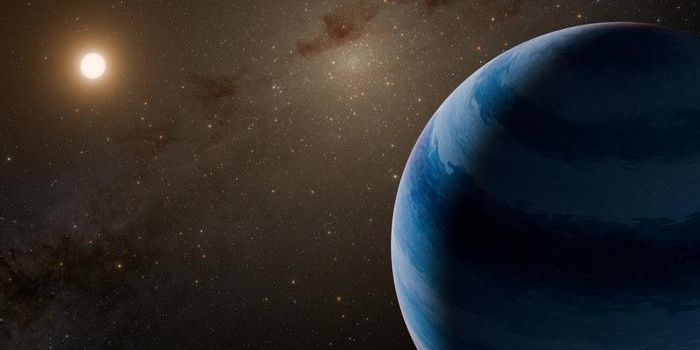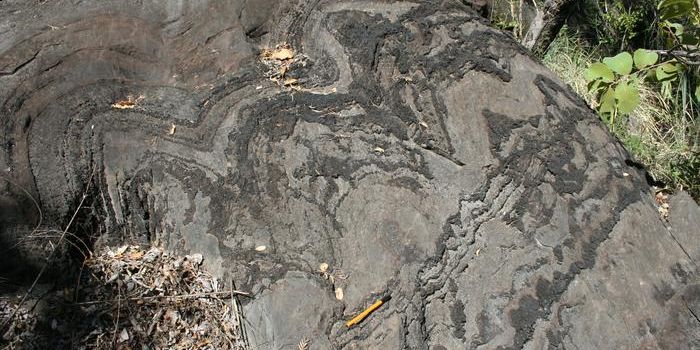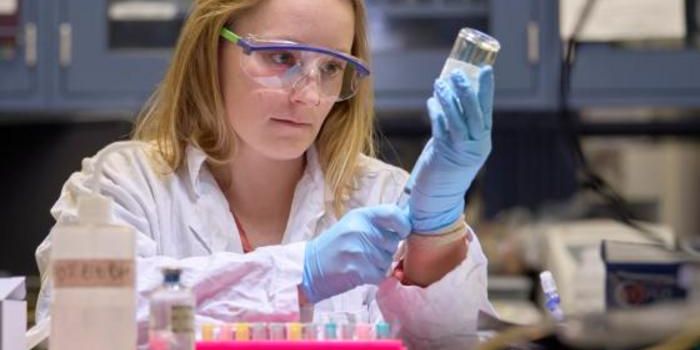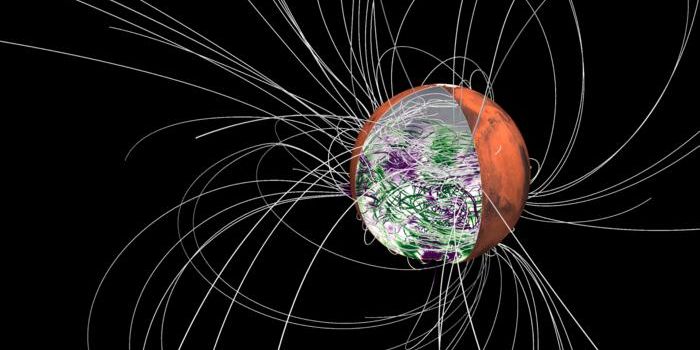The Universe is Expanding, But How Fast?
Since the Big Bang, our universe has never ceased expanding. The rate of cosmic expansion, now known as the Hubble Constant, was first defined by Belgian astronomer Georges Lemaître and then corrected by Edwin Hubble. Recently two groups of scientists have conducted separate measurements on how fast the universe expands with very high precision. To many's surprises, their observations led to two numbers with a slight yet mathematically significant difference.
All our knowledge of the cosmic expansion is obtained through stages of discoveries. In the early 20th century, many physicists, including the famed Albert Einstein, once believed that the universe is supposed to be static. To counterbalance the possible shrinkage and expansion, Einstein even carefully invented the so-called "cosmology constant" as a measure to maintain his own view.
Ironically, using Einstein's field equations of general relativity, some physicists and mathematicians proposed a separate theory on the relationship between space and time, in which the nature of the universe is dynamic.
It was known at the time that the light spectrum of many faraway galaxies bears a redshift, meaning as the stars are actually moving away from the observers on Earth and therefore the wavelength of their light becomes elongated. But no one has produced any convincing evidence of cosmic expansion until the year 1929.
Combining his own measurements of galaxies' distances from earth with redshifts measurements done by others, Hubble found that the redshift of a distant object is proportional to its distance, finally confirming the existence of cosmic expansion.
Hubble measured the rate of universe's expansion (a.k.a Hubble constant) at 500 kilometers per second per megaparsec (km/s/Mpc) based on data from the 46 galaxies he studied. To put it another way, say if there's an object 3.3 million light-years from Earth, it would appear to be moving away at the speed of approximately 500 kilometers (311 miles) per second.
Later it is found that his calculation overestimated about 7-fold due to errors in distance calibrations, and the value was brought down to around 70 km/s/Mpc. Recently scientists conducted new measurements of Hubble constant using from his namesake Telescope, as well as and the Gaia space telescope of the European Space Agency.
Their results showed that the rate of expansion nearby is 73.5 km (45.6 miles)/s/Mpc. The observation with Hubble and Gaia telescope tracked a type of distant stars called the Cepheid variables, which pulsate light with changing brightness in a predictable pattern. With signals from these deep space beacons, astrophysicists can learn about the distance between us and them as time progresses.
On the other hand, the Planck Mission, an international collaboration on studying how the universe was like some 360,000 years after the Big Bang, released a different Hubble Constant at 67 kilometers (41.6 miles)/s/Mpc in their 2015 results.
Instead of distant stars, the mission focused on the cosmic microwave background (CMB) – the echo of electromagnetic radiation from the Big Bang, which occurred 13.8 billion years ago. Scientists measured the size of the ripples in CMB, which reveals information on the ratio of dark matter versus normal matter, as well as the trajectory of our universe's expansion.
The 4-mile difference between two numbers doesn't look like a big deal. But what concerns scientists the most is that both numbers were measured with such high precision that they only have about +/-1 mile in variation, meaning the two are totally different values.
It is possible that there might be unknown physical mechanisms that underpin the expansion of our universe, as speculated by some.
In a statement released to the media, Adam Riess, a senior scientist at the Space Telescope Science Institute (STScI) and lead author of the paper detailing the Hubble and Gaia measurement, said: "At this point, clearly it's not simply some gross error in any one measurement. It's as though you predicted how tall a child would become from a growth chart, and then found the adult he or she became greatly exceeded the prediction. We are very perplexed."
Is the Universe Expanding? (SciShow Space)
Source: ScienceAlert/Space.com









